News
Stay up to date on the latest crypto trends with our expert, in-depth coverage.
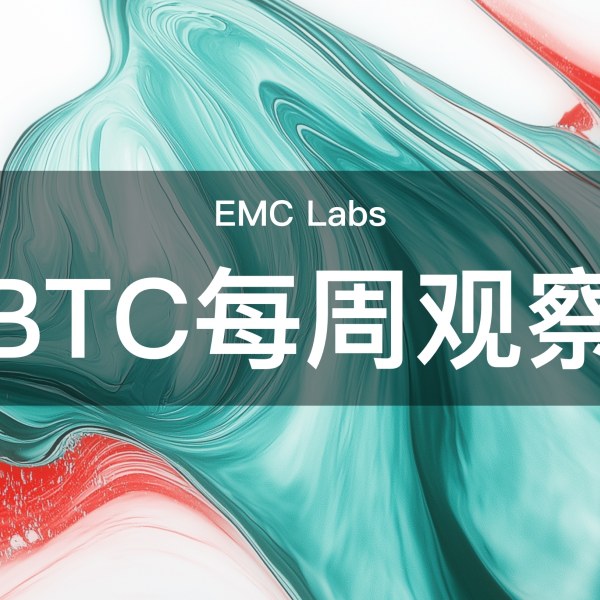
Risk appetite has not yet increased, and liquidity in the crypto market remains extremely tight.
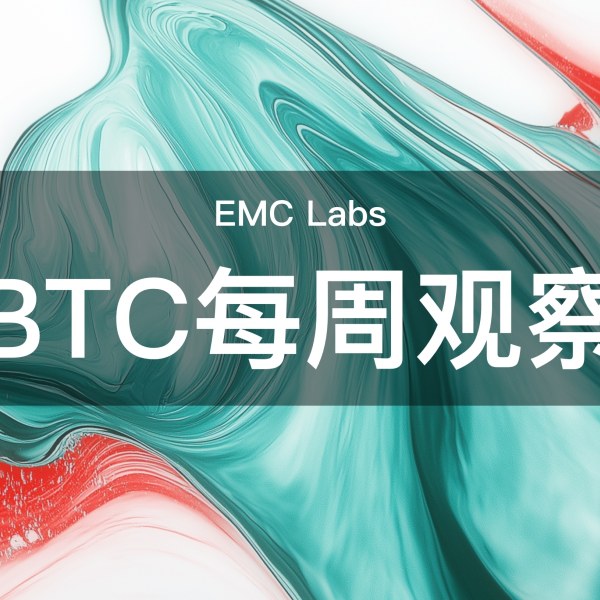
The improvement in the US-China tariff war and BTC has once again fallen to the bull-bear dividing line, with cyclical patterns indicating clear signs of a "peak."
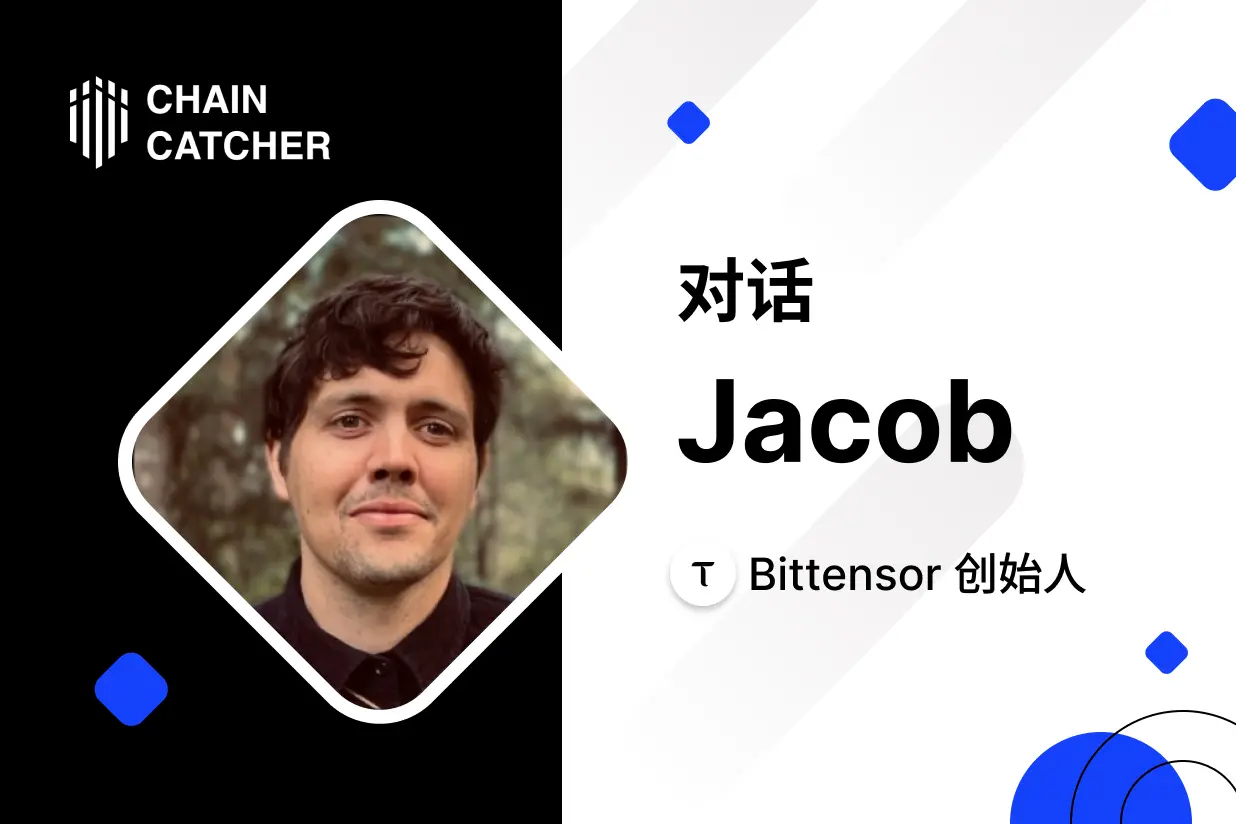
Bittensor is migrating Bitcoin-style mining to AI through "incentivized computation," building an open multi-subnet marketplace powered by TAO, where inference, training, and computing power providers are rewarded based on performance. Jacob visited China for the first time, discussing his experience leaving Google, ecosystem expansion in Asia, TAO halving, protocol revenue, and his five-year vision.
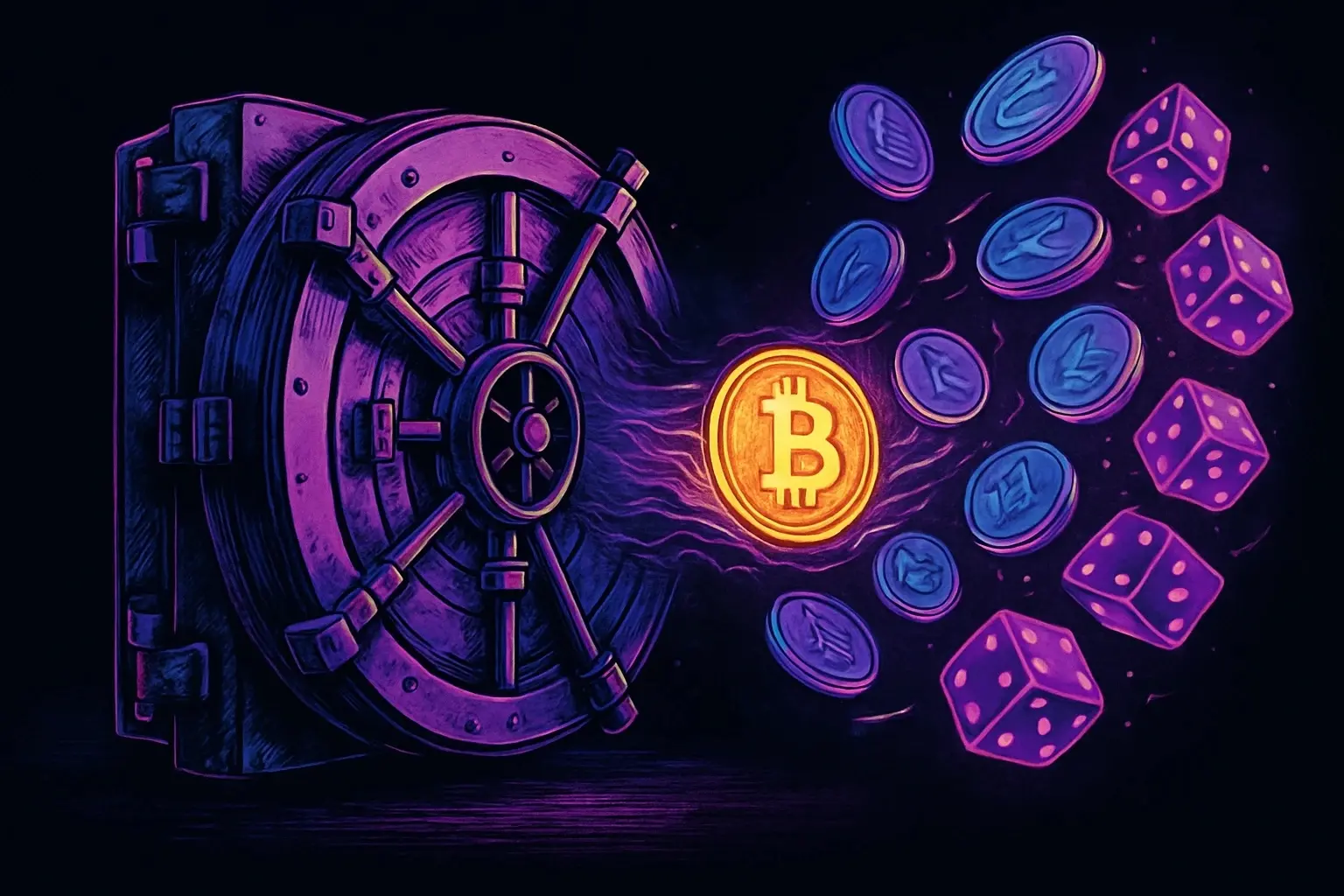
DAT's corporate structure possesses unique advantages that ETFs cannot match, which is precisely why it commands a premium over its book value.
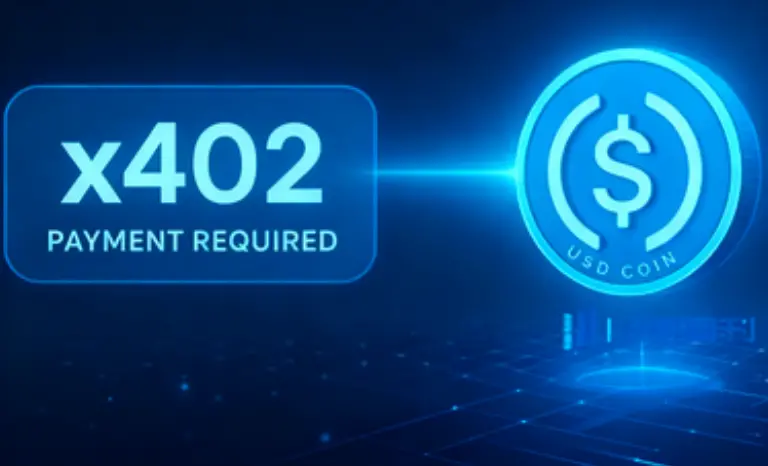
x402 ignites the AI payment revolution as AEON takes the lead in bringing it to global commerce.

- 07:14Six major Japanese asset management companies intend to launch cryptocurrency fundsJinse Finance reported that Japan's six largest asset management companies (with a combined asset management scale of $2.5 trillions) have expressed their intention to launch cryptocurrency funds. According to confirmed reports, Mitsubishi UFJ Asset Management, Nomura Asset Management, SBI Global Asset Management, Daiwa Asset Management, Asemane One, and Amova Asset Management have all conveyed their intentions regarding cryptocurrency funds. Mitsubishi UFJ Asset Management is a subsidiary of Mitsubishi UFJ Financial Group—one of the world's largest financial institutions, with total assets of approximately $2.7 trillions. In recent years, Mitsubishi UFJ Financial Group has been exploring various blockchain and cryptocurrency-related projects, including a stablecoin interoperability platform. Meanwhile, Nomura Asset Management's parent company, Nomura, is Japan's largest wealth management institution. The group claims to manage 153 trillion yen in client assets, accounting for 15% of the domestic wealth management market share in Japan. As of March 2024, Daiwa Asset Management's assets under management were approximately $213 billions. The report states that the aforementioned asset management companies have indicated their intention to launch new cryptocurrency trust products for both retail and institutional investors.
- 07:09Matrixport: Bitcoin enters extreme fear zone, market pessimism returns to a rare low not seen in nearly a decadeChainCatcher news, Matrixport tweeted, "Bitcoin has entered an extreme fear zone, with market pessimism returning to levels rarely seen in the past decade. Judging by sentiment alone, the current situation can easily create the illusion of 'panic bottoming out and risk being cleared.' However, beneath this surface, the data still hides many signals that traders have yet to notice. Several indicators that issued warnings before the October decline have now moved to the opposite extreme, but this does not mean that risks have been eliminated. Some key indicators are showing clear divergence from the price, suggesting that a short-term market structure, which almost no one is paying attention to, is taking shape. Meanwhile, the macro pressures that triggered this round of sell-offs have not eased. The next few weeks will determine whether bitcoin stabilizes or enters a deeper phase of correction."
- 07:06US and UK opposition forces Basel to reconsider crypto capital rules for banksJinse Finance reported that Erik Thedéen, Governor of the Swedish Central Bank and Chairman of the Basel Committee on Banking Supervision (BCBS), stated in an interview that they may need to take "a different approach" to the current 1250% risk weight applied to crypto assets. According to global law firm White & Case, if the 1250% risk weight is applied, banks must hold at least an equivalent amount of their own capital against their crypto asset exposures. Under the current framework, any crypto asset issued on a permissionless chain—including stablecoins such as USDt and USDC—is required to be subject to the same 1250% risk weight as the riskiest venture investments. However, Thedéen acknowledged that the rapid growth of regulated stablecoins has changed the policy environment. He stated in the interview: "What has happened is very dramatic. Stablecoins are growing strongly, and the scale of assets in the system requires us to adopt a new approach." Thedéen added: "We need to start analyzing, and we must do so quite quickly." He also suggested that the risks of stablecoins need to be reassessed and considered whether there is reason to take "a different approach" to this asset class.